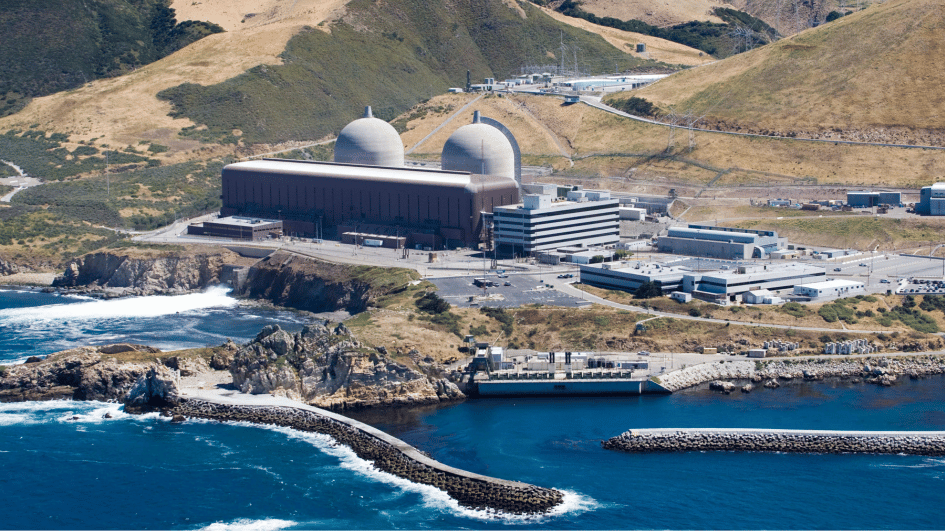Uranium prices rise as interest in nuclear power grows
NEW YORK

The price of uranium has been on the rise, driven by constrained supply and accelerating demand, against a backdrop of renewed interest in nuclear power.
The benchmark contract for uranium oxide which, once enriched, is used as nuclear fuel, rose to $85.75 a pound (around 450 grams) on Dec. 15 for the first time since January 2007.
This price rise is the result of a combination of factors, notably the rebound in demand due to renewed interest in nuclear power, but also due to fears about oil and gas supplies following Russia's invasion of Ukraine.
The higher prices will cause headaches for countries that rely heavily on nuclear energy, such as France, which generated almost 70 percent of its electricity from nuclear power in 2021, according to the U.S. Energy Information Administration.
France, along with Belgium, the U.K. and Romania recently authorized the extension of the operation of several existing power plants.
In the United States, California's public utilities commission approved a five-year extension last week to the lifespan of two reactors close to Los Angeles, which were originally scheduled to close in 2024 and 2025.
New projects have also been launched, particularly in China, where 25 reactors are under construction - as well as in India, Türkiye and Egypt.
Demand for nuclear power has been rising, but "the supply has not really responded," according to Jonathan Hinze, president of nuclear industry research firm UxC.
This is particularly true in Kazakhstan, which is the world's largest uranium producer by far, accounting for 43 percent of global production last year, according to the World Nuclear Association (WNA).
Kazakhstan has faced logistical problems, in particular a shortage of the sulfuric acid used for extraction, Hinze told AFP.
Some 58,000 tons of uranium were extracted worldwide in 2022, according to the WNA.
The financial markets are also concerned by the recent military coup in Niger, a country responsible for four percent of uranium production worldwide last year, Hinze said.
In another move likely to squeeze prices, the Republican-led U.S. House of Representatives voted on Dec. 11 to ban uranium imports from Russia, which is responsible for five percent of global production.
The bill still has to pass the Democratic-controlled Senate.
All of these factors are compounded by the emergence of financial players who have amassed large reserves of uranium and driven up prices.
The biggest of these is Canada's Sprott, which controlled almost 28,000 tonnes of the precious ore at the end of June.
To supply the growing demand for uranium, old mines are being reopened around the world in places like the US state of Utah.
"The demand for uranium will remain strong and grow," said Hinze from UxC, adding that it was not possible to ramp up supply overnight.
As a result, "if anything, the price will go up further, not down," in the medium term, he said.
















